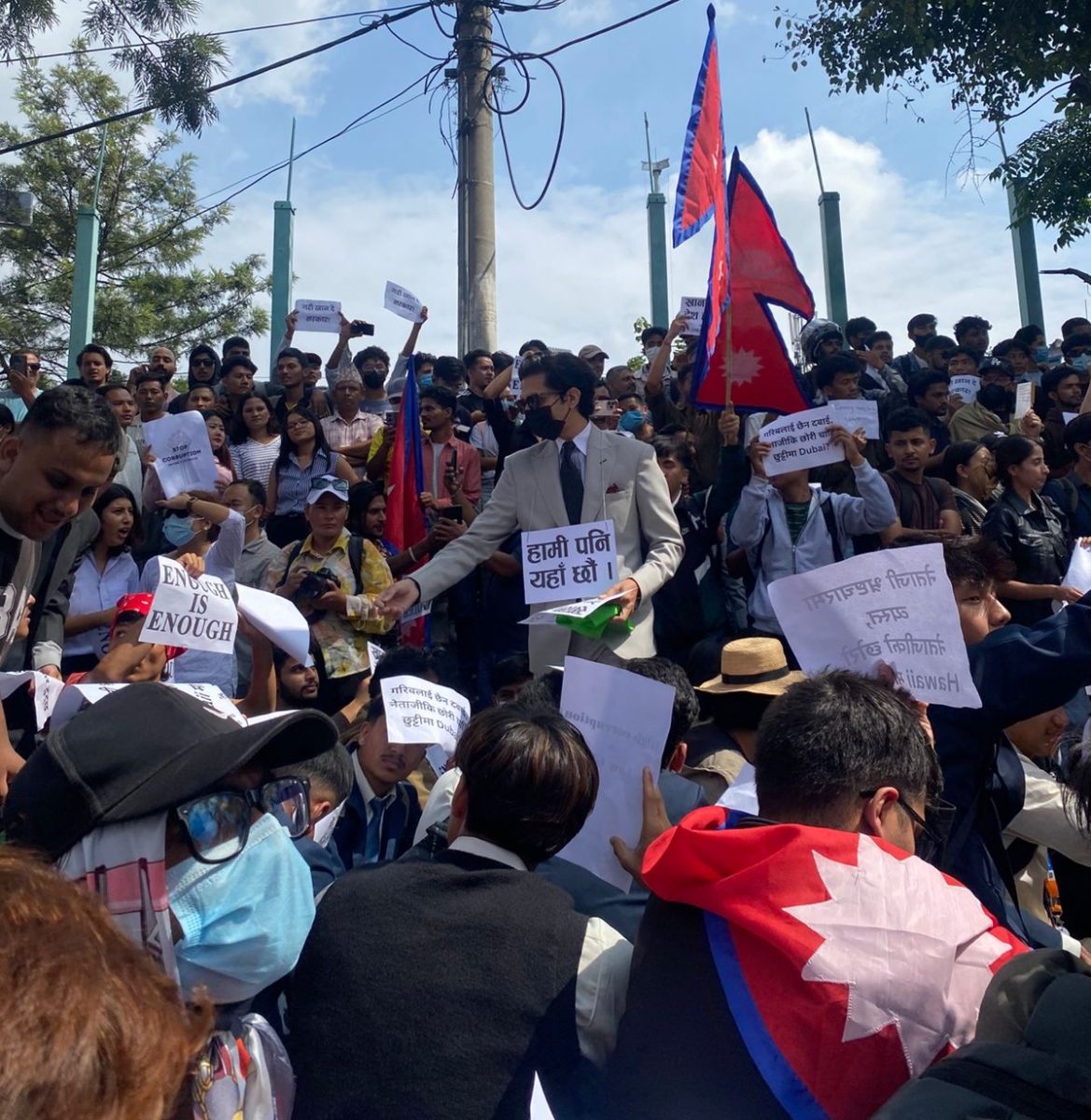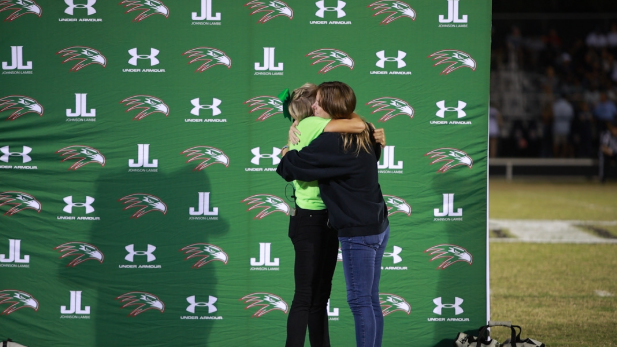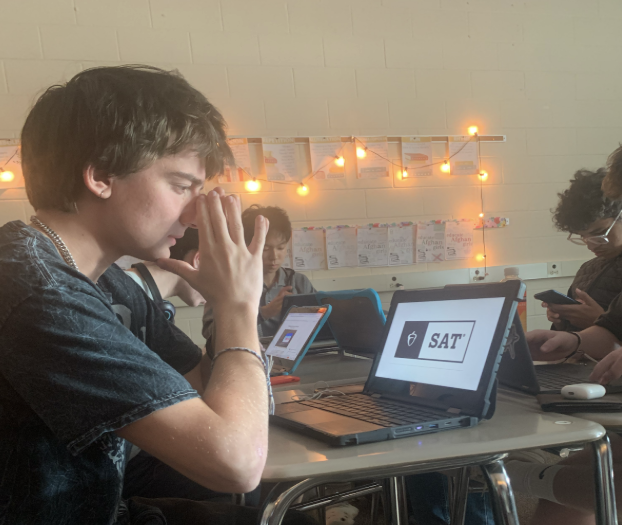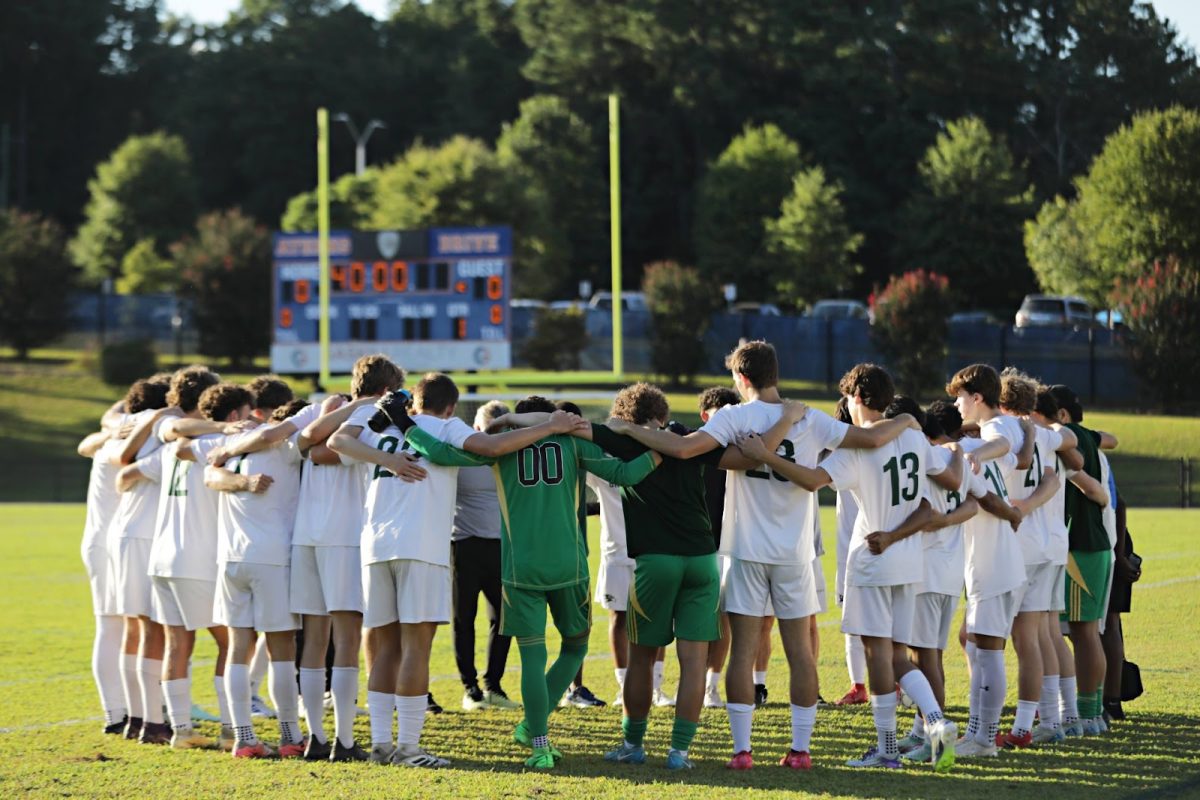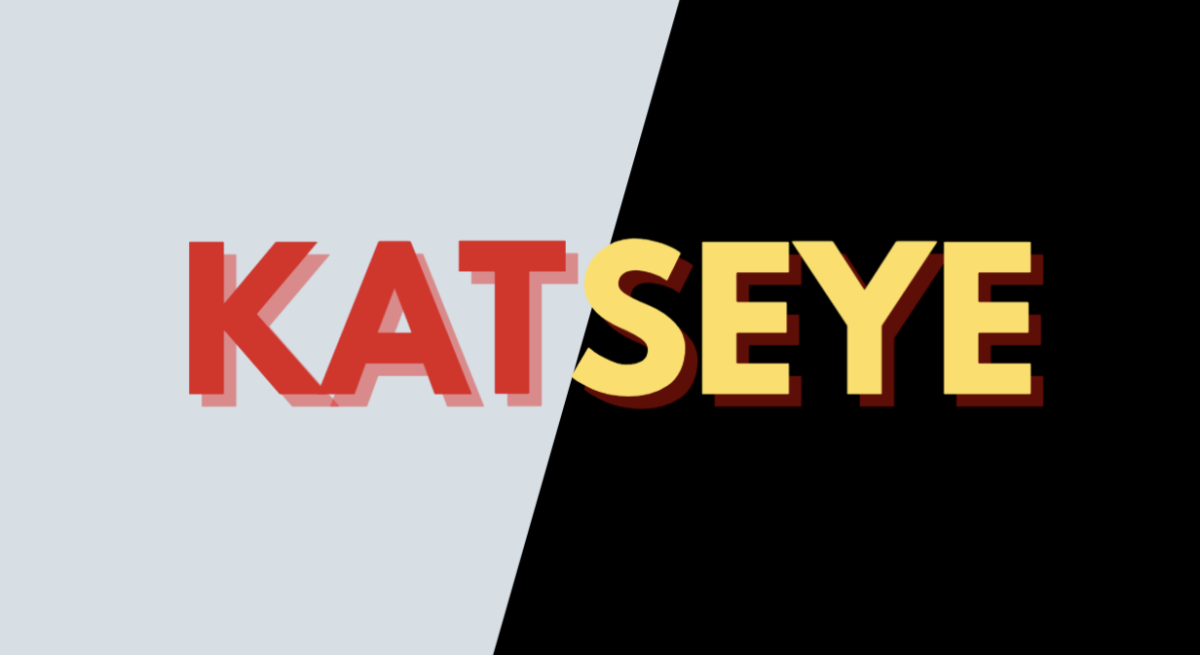On May 2, 2023, 11,500 Hollywood writers, alongside the Writers Guild of America (WGA) union went on strike. Just over two months later on June 14, over 160,000 actors with the Screen Actors Guild – American Federation of Television and Radio Artists (SAG-AFTRA) union joined the strike, due to concerns following the new uprising of artificial intelligence and the desire for higher compensation during this low period in film production.
While many Hollywood writers currently on strike believe that the studios who produce and distribute the content make a proportionally larger amount than writers, the studios believe that they pay a fair amount to the people who create content, because they do not take on as much risk as the studios do, who hire and bring on technicians, camera operators, makeup and hair teams without promise of compensation.
The strikes have cost California’s economy over $3 billion due to many behind the scenes film workers being let go. As productions have come to a stop, even more behind the scenes workers have lost their jobs from the lack of filming. As a result, people such as makeup and costume artists, agents and many other support staff have been left to file for unemployment in the state of California.
Many are torn between both sides of the conflict. Los Angeles-based Emmy-nominated casting director, Seth Yanklewitz, shared his view on how the strike is affecting the creative industry as a whole, and his view on supporting the protesting writers and actors, “I am not physically walking the picket line, but I do support it… but it is a little different for casting directors because what the actors are fighting for directly affects some of our work”. He feels torn between the two sides, and disagrees on some points, but as a union member himself he supports better pay for the workers.

Green Hope student Paige Luecke (‘25) expressed her views on the current strike and how it has affected her as a viewer; the third season of her favorite show, The Summer I Turned Pretty, was put on hold as a result of the strike. Luecke stated, “I’m actually really upset [about this], because this was my favorite show, and I was so excited … but now they aren’t making it.” However, in regard to the actual strike, Luecke sides with the actors and writers, “I agree with the writers and actors, [and] I think they both deserve higher pay, and I do think AI is a problem in our world right now”.
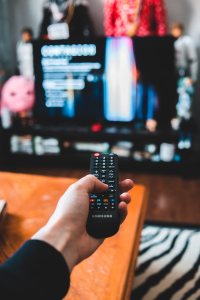
The screen writers began the strike due to residual payment issues from previous films where they did not believe they were properly compensated for their work. A residual payment is continuous payment for the usage of work that has been completed such as songs, shows, images, etc. Those striking insist that they have not been paid for their work while streaming services continue to use it for profit.
Another major issue that the writers are facing is the need for protection against AI usage in the industry. Many screenwriters fear that their jobs will be limited in the future, as film production companies look to use AI-generated screenplays, instead of work from actual writers. Their ongoing strike is supported by the WGA.
Currently, negotiations have been at a standstill following a statement released by the Alliance of Motion Picture and Television Producers on August 18, 2023 which includes the willingness to compromise with writers and actors specifically on issues concerning artificial intelligence. The AMPTP released a partial statement saying, “On many issues, ‘AI among them’, we are close. Our AI proposal has provided clear guarantees that the use of AI will not affect writers’ pay, credit or separated rights. We have asked the WGA to identify any remaining holes in the AI offer and it has not responded.”
These strikes mark a historical time, being the first time since 1960 that the two unions have been on strike at the same time against the Alliance of Motion Picture and Television Producers (AMPTP). The initial strike in 1960 was led by former U.S. President Ronald Regan, a then-famous actor.
Many people within the creative community that are not participating in the strike have still faced impactful effects. During the interview, Yanklewitz shared that his work and everyday life is at a standstill. “Depending on a given project I would be working on, my daily life would be spent in casting sessions, talking with producers, editing auditions and speaking with agents and now I cannot work.” He further shared that because of the strikes, many of his projects were either canceled or delayed, including How I Met Your Father, which was not renewed for a third season. Yanklewitz said, “I was working on an independent TV pilot, and we had to stop auditions because the strikes had started, but we were given something called an ‘intra agreement’ from SAG which is a waiver, so we were allowed to proceed and finish that project.”
Currently, there is no end in sight for the strikes. Yanklewitz shared his thoughts for the future of the industry. “I think for sure in the next year or two we are going to see a lot more reality TV and a lot more independent projects. We are going to see a lot more international shows, so streaming services like Netflix, Amazon, Apple, Hulu, will be buying more international shows and movies.”
As the strike continues with no end in sight, many streaming services will be looking to buy foreign films and television series that do not include American actors or writers. As for movie theaters, whether and how they will survive through this low period in the film industry is still an open question.









